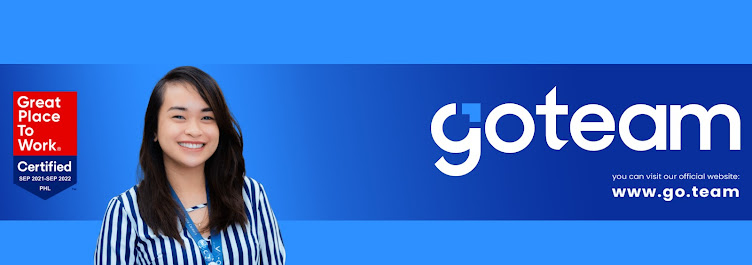We’ll spend half our lives working, if life expectancy projections are correct. Shouldn’t we spend all that time in an environment where we can be our best?
Every so often, we see an ad for another diet, another cream made from some exotic ingredient or another “miracle drug” that its makers claim will slow down or turn back the aging process.
They’re myths.
There are, however, lifestyle choices and social practices that are common among communities where people live exceptionally long and healthy lives.
To cap my presentation during the tribe’s lunch last October, I shared a part of author Dan Buettner’s TED Talk about Blue Zones and what we can learn from them.
Dan studied places like the Nuoro province in the Sardinian highlands, where 102-year-old individuals still chopped wood or rode motorbikes. He shared meals with residents in the northern part of Okinawa’s main island, who still heeded their ancestors’ advice to stop eating once they were 80 percent full. And he spent time with Seventh Day Adventists in Loma Linda, California, where the community spent one day each week—a 24-hour “sanctuary in time”—when they stopped working, took nature walks, and prayed.
He found nine practices that these communities shared. Eating a mostly plant-based diet was one of them. Moving naturally and often—walking, taking the stairs, doing housework and yard work—was another.
A positive, purposeful outlook
Of the nine, two really resonated with us here at GO-VA.
The first one has to do with keeping the right outlook, which includes having a sense of purpose and taking the time to downshift.
The Japanese have a lovely word for it: ikigai, which is that sweet spot where what you love to do, what you’re good at, what you can be paid for, and what the world needs all intersect.
But doing work that we find meaningful and gives us a sense of purpose needs to be balanced with plenty of rest.

As much as we emphasise a genuine and sustained effort to exceed expectations, we always remind everyone to get enough rest (our weekends off are among the tribe’s favorite conditions at work).
And since we understand how important it is to have good health care without the anxiety of worrying about how much it’ll cost, everyone at GO-VA gets medical insurance on Day 1.
Everyone. Plus one free dependent.
No need to wait for six months or up to a year for the peace of mind that good medical insurance offers. We all know how important peace of mind is in helping us sustain the focused, creative, and positive outlook that remarkable work requires.

A connection driven by shared values
The second practice from the Blue Zones study that we love is all about connecting. This includes putting loved ones first and, for those who choose to do so, belonging to a faith-based community.
In places where he found people who lived long, healthy, and productive lives, Dan observed: “They also belong to the right tribe. They were either born into it or proactively surrounded themselves with the right people.”
That sounds a lot like what we’re trying to do here at GO-VA. (And that’s something we’re very happy about!)
We love all the care and effort that go into creating a remarkable culture where we feel safe, get empowered with the tools and training to exceed expectations, and are rewarded for learning—always learning—to do our best.
That care and effort extend from our hiring process to our culture celebrations and coaching system. I look forward to meeting with new team members for tea within their first few days at work—and again at the six-month mark when they become regularised team members and every annual work anniversary after that.
We celebrate the team’s milestones and challenges during the monthly Lunch with the CEO.
Creating such a culture—our very own Blue Zone, in a way—isn’t always easy. But it’s well worth the effort. Meaningful work, which includes a commitment to helping more people lead remarkable lives—always is.


No comments:
Post a Comment